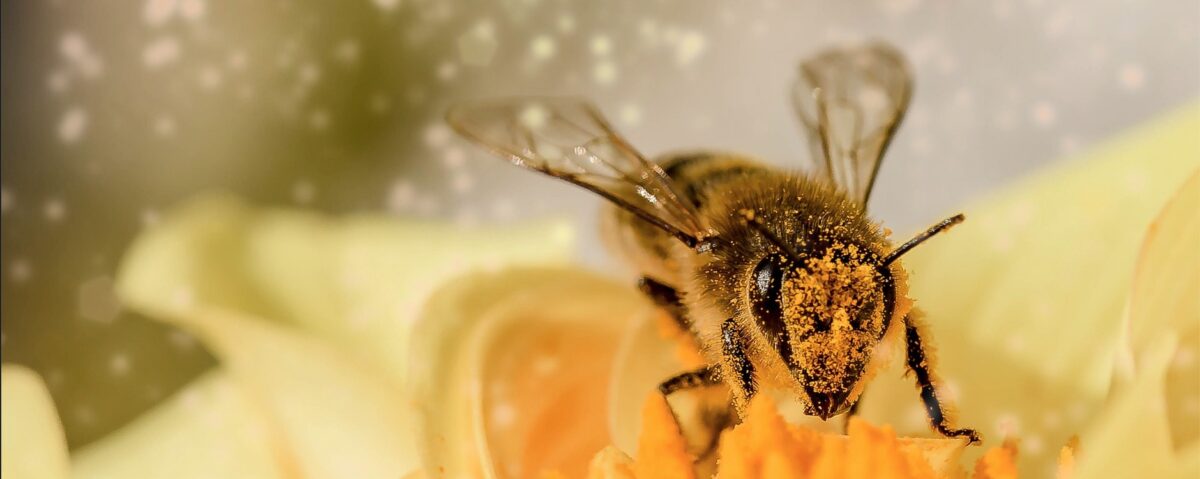The global decline in the number of bees and other pollinators limits the production of fruits, vegetables and nuts. Researchers estimate that the decrease in the amount of these foods leads to 427,000 premature deaths per year. "Doing too little to help pollinators not only affects nature, but also human health," said Matthew Smith, a researcher at the Harvard T.H. Chan School of Public Health.
Temperaturile crescute, utilizarea generalizată a pesticidelor și pierderea habitatelor duce la scăderea populației de insecte, care aproape s-a înjumătățit în unele părți ale lumii. Insectele polenizează aproximativ trei sferturi din culturi, au spus cercetătorii, iar declinul lor a afectat producția alimentelor cheie.
For the study, researchers collected data from hundreds of experimental farms in Asia, Africa, Europe and South America, finding that in 2020, farmers produced between 3 and 5 percent less fruit, vegetables and nuts than they would have produced in a world with thriving insect populations. In lower-income countries, the impact has been severe, with the loss of pollinators reducing farm incomes by 10-30%.
Researchers have also studied how bad crops affect public health, finding that reduced consumption of fruits and vegetables limits the absorption of necessary nutrients and favors the occurrence of heart disease, stroke, diabetes and certain types of cancer. Globally, the loss of pollinators results in 427,000 additional deaths per year. The effect is most pronounced in middle-income countries such as China and Russia. The findings were published in the journal Environmental Health Perspectives.
Source: Yale Environment 360

